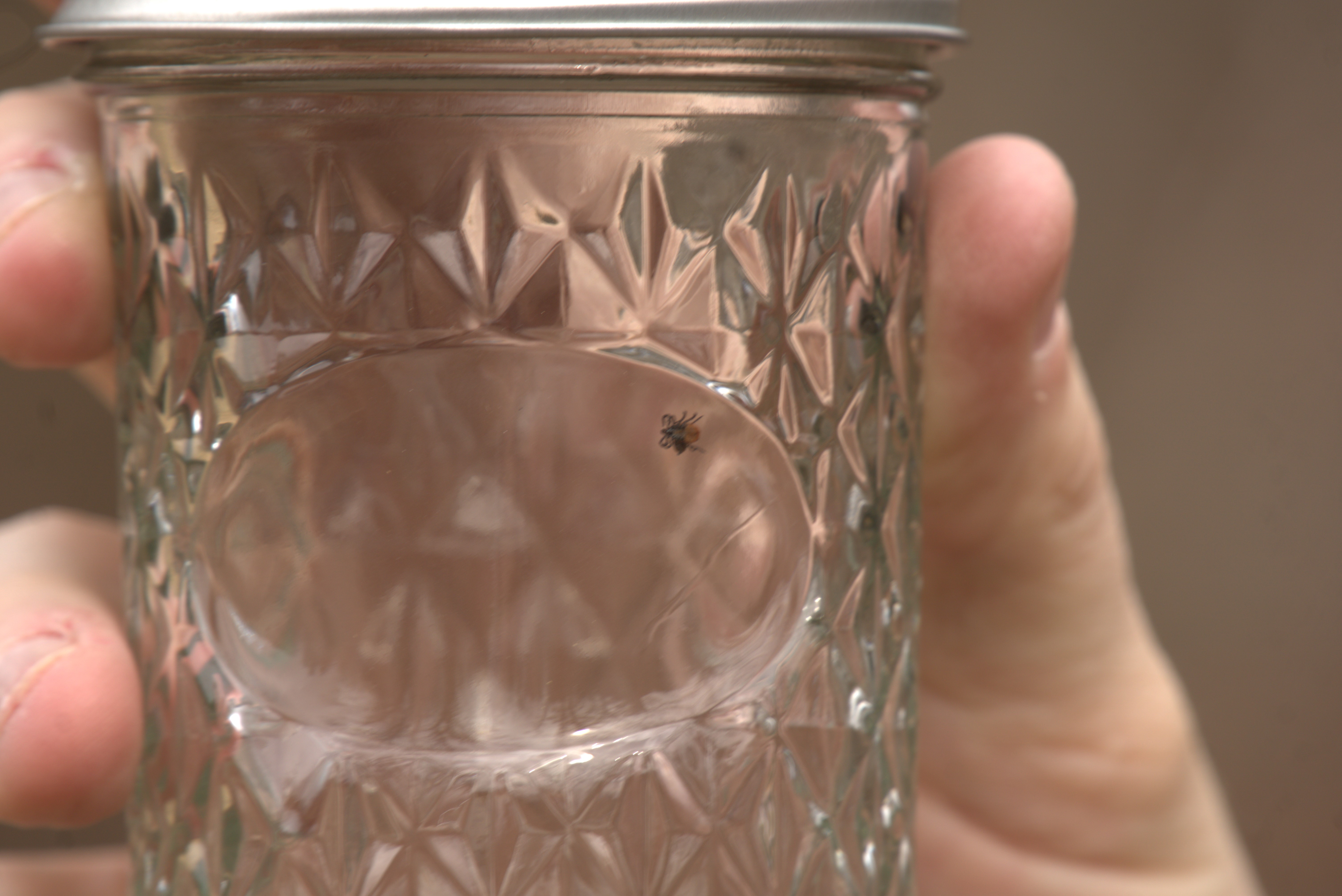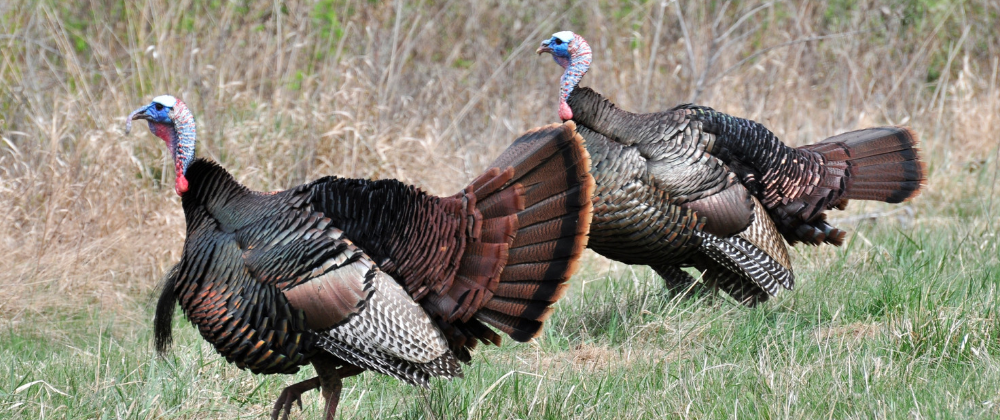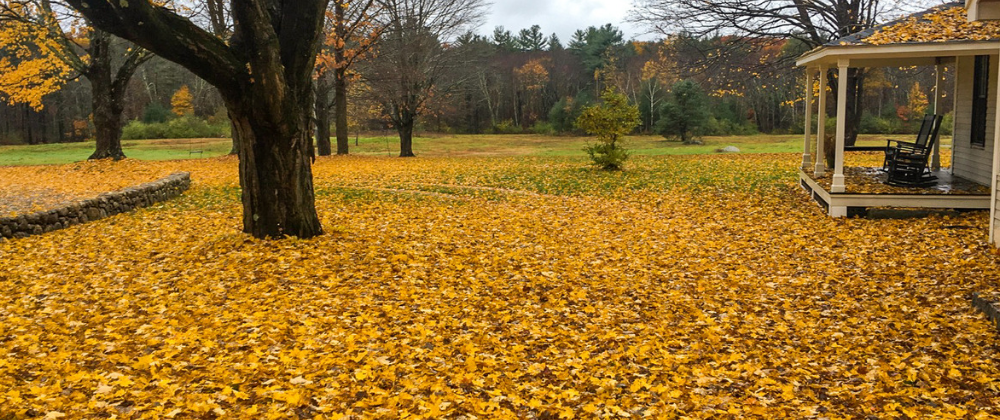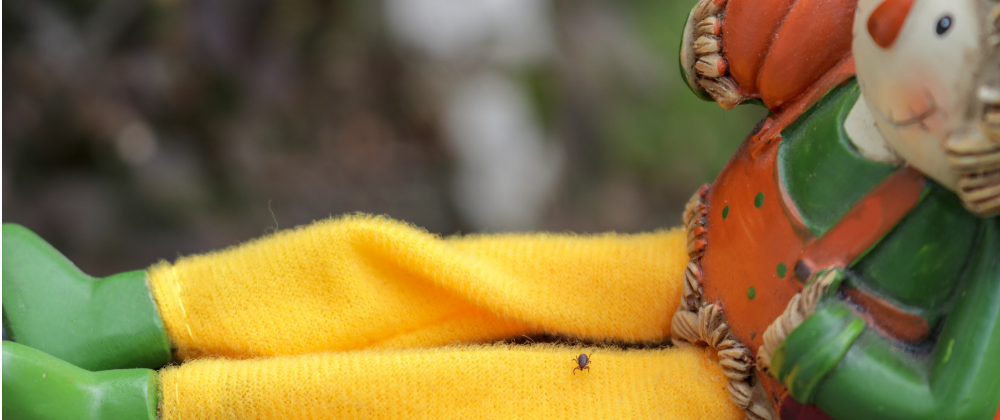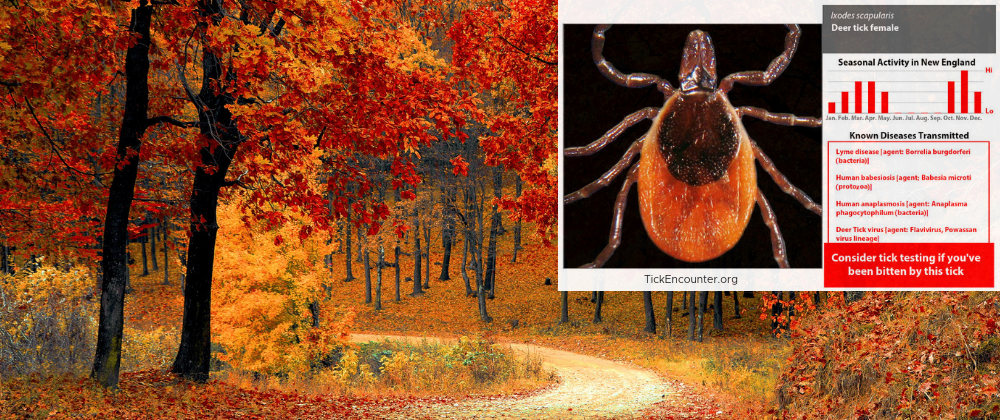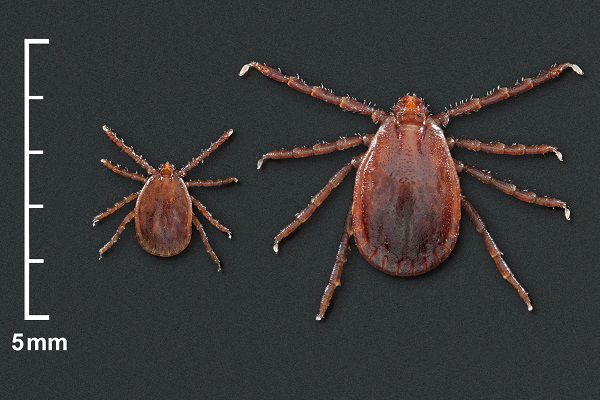Trick or treat... don't give mosquitoes and ticks something good to eat! It's Halloween and parents and kids everywhere are gearing up for a night of costumes, candy, and fun! But while you’re planning the perfect route for trick-or-treating, don’t forget about those pesky ticks and mosquitoes that can pose a risk to your little ghouls and goblins. Here’s how to keep your kids safe while they enjoy the spooky festivities.
Read More...Parents Beware of Ticks and Mosquitoes Lurking This Halloween!
Lone Start Tick: An In-Depth Guide
The Lone Star Tick (Amblyomma americanum) has become a growing concern in recent years due to its expanding range and potential to transmit diseases. This comprehensive guide will explore the life cycle, geographic distribution, and habitat of the Lone Star Tick. Additionally, we will delve into the diseases associated with this tick species and highlight the best prevention methods, including the essential role of Pure Solutions All-Natural Services in safeguarding your family and property.
Introduction to the Lone Star Tick:
3 Essential Things to Know about Tick-Borne Illness Babesiosis
A recent CDC report shows that Babesiosis, a tick-borne illness, is spreading at a rapid rate in the Northeast and Midwest. Although not as well-known as Lyme disease, it is essential to be aware of this potentially dangerous infection. In this blog post, we will delve into the world of babesiosis, exploring its causes, symptoms, and preventive measures. By the end of this article, you will have a better understanding of this illness and know how to protect yourself and your loved ones.
Foliage, Football, and Ticks
As we move into the cooler, fall months many of us forget that Fall tick season is about to start.
Read More...Thankful For Turkeys - They Can Eat a Lot of Ticks
Happy Thanksgiving!
As people sit down for Thanksgiving dinner many will say how much they are thankful for the food on their table. For most people, the center point of the meal will be a plump turkey that was bought at the local market. These farmed, domesticated turkeys are vastly different from the wild turkeys people see wandering through their yards. Surprisingly, those wild turkeys are actually acting as natural pest controllers on a daily basis.
Read More...The Importance of Fall Clean-Ups
It’s that time of year again. The leaves are turning; many having already hit the ground, and if you're anything like the rest of us, you've probably put off cleaning up your yard until the last minute. All this procrastination means that leaf litter is left for prolonged periods of time and this can prove to be more detrimental than one might think. Below are a few reasons why fall clean-ups are important to get done....hopefully sooner than later.
Read More...Real Life Vampires In Your Neighborhood This Halloween
Winter is Coming!...and Deer Ticks Know It
It's Apple Season! - Some of Our Favorite Massachusetts Orchards
Get your baskets ready- it's apple season in New England! From apple cider doughnuts to hot apple cider, this is one of our favorite times of the year.
Read More...A New Threat to Mass' Dairy and Livestock Industries...TICKS!
The Asian Longhorned Tick (Haemaphysalis longicornis) first appeared in the U.S. just one year ago in New Jersey has caused much concern among researchers. Over the past year the tick has been found in New York, Virginia, and Pennsylvania. Researchers believe that the spread of the Longhorned Tick to Massachusetts is inevitable.
What makes the Longhorned Tick different from others? and why should Cows, Sheep, Farmers be concerned?
Read More...



